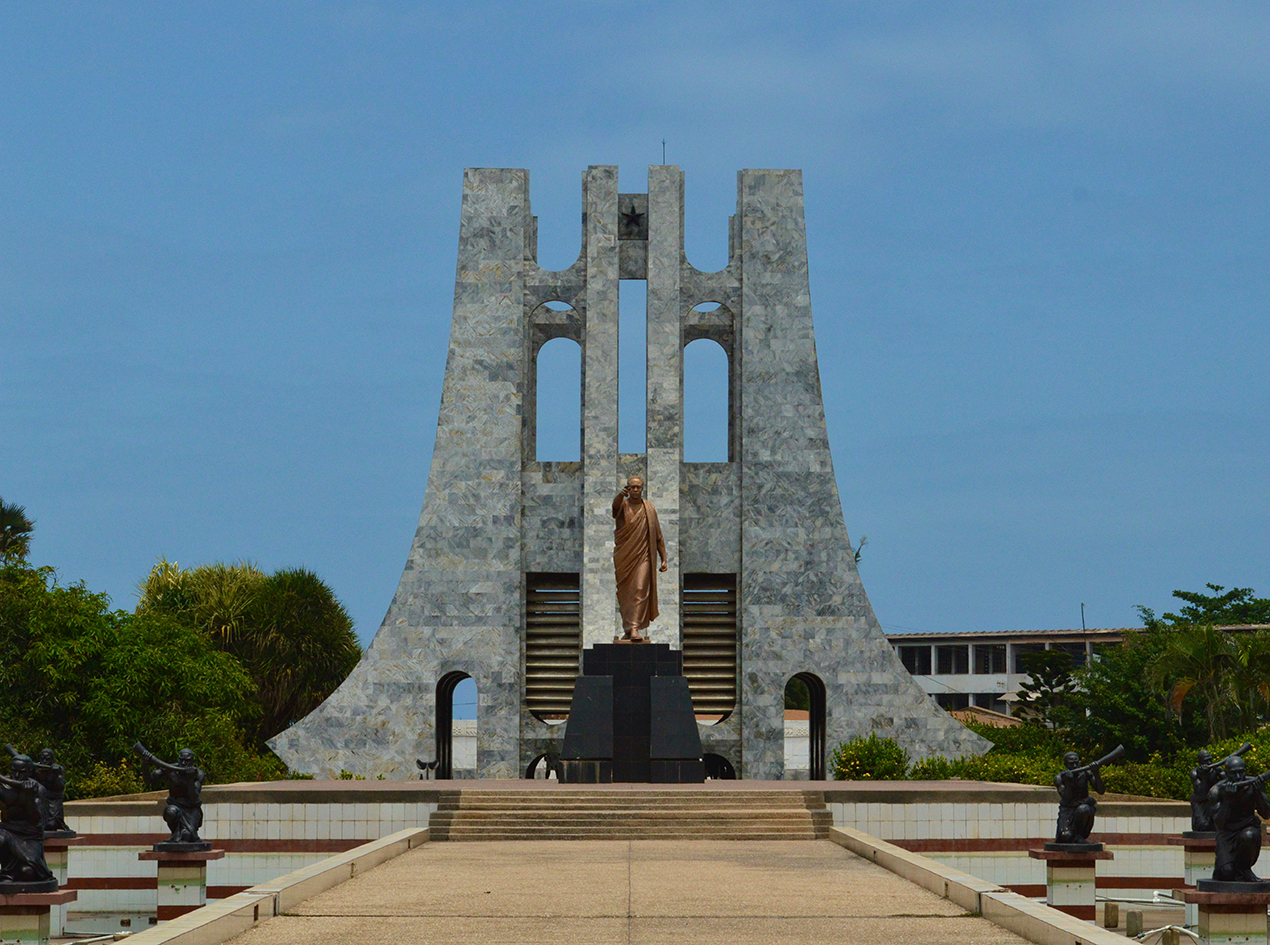News
World Bank Provide US$210 Million to Support Ghana’s Energy Development
According to The Statesman in Ghana, the World Bank and the Global Environment Facility (GEF) have recently approved the provision of US$95.5 million in financial assistance to Ghana for the implementation of "power development and electric energy access projects." The project aims to promote the development of Ghana's electric energy industry, increase electric energy supply, ensure the continuity of electric power supply, and effectively alleviate the adverse impact on economic development caused by frequent interruptions in electric power supply.In recent years, the Ghanaian government has made continuous progress in economic development through unremitting efforts. According to statistics, Ghana is likely to achieve the Millennium Development Goal (MDG) goal of reducing the number of poor people in half within one year. However, the current huge challenge of severe insufficient power supply has had a profound negative impact on its political and socio-economic development.
The development of many industries in Ghana relies heavily on electricity supply. To this end, the development of the power industry requires the formulation of a far-sighted development plan. The main goals of the "Power Development and Electric Energy Acquisition Project" are to support long-term power development planning, improve the operation level and power generation efficiency of power companies, rationally distribute power in proportion to demand, reduce the imbalance of urban and rural power supply, and further increase the proportion of renewable power generation. .
Paivi Koljonen, senior economist and project leader of the World Bank, said that Ghana’s current power crisis has become the biggest obstacle to rapid economic development. Improving the management level of the power industry and ensuring guaranteed power supply have become Ghana's top priority, and the "Power Development and Electric Energy Access Project" was established with the above goals in mind. In addition, the project will help provide and create new business opportunities, which will help accelerate economic development and further expand employment.
In order to support Ghana's development of a multi-level energy industry strategy, the project will provide free assistance to renewable energy projects, such as small hydropower, wind power, biopower and other power generation companies. This type of power company mainly provides power supply to local communities that have not yet received power from the national power grid. At the same time, the project will also provide financial support for the establishment of an independent "Rural Area Electrification Agency." The main function of the Rural Electrification Agency is to coordinate all rural electrification development projects. The key goal of the project is to connect 134,000 new urban and rural electricity users to the national power grid.
In addition, in view of the fact that nearly 1/4 of Ghana's electric energy is lost during the power transmission and transformation process, this project will also effectively improve the efficiency of power transmission and reduce losses and power theft during power transmission.

RELATED NEWS
- BANDON's New Inverter Product Attracted Much Attention at China Heat Pump Exhibi
- The Gap between British and American Crude Oil Prices will Narrow
- EU Strengthens Energy Ties with Countries in the Black Sea Region
- BANDON Northwest District Outstanding Partner Franchise Summit Concluded Success
- "BANDON Night" was an Unprecedented Event, Detonating the Southwest
